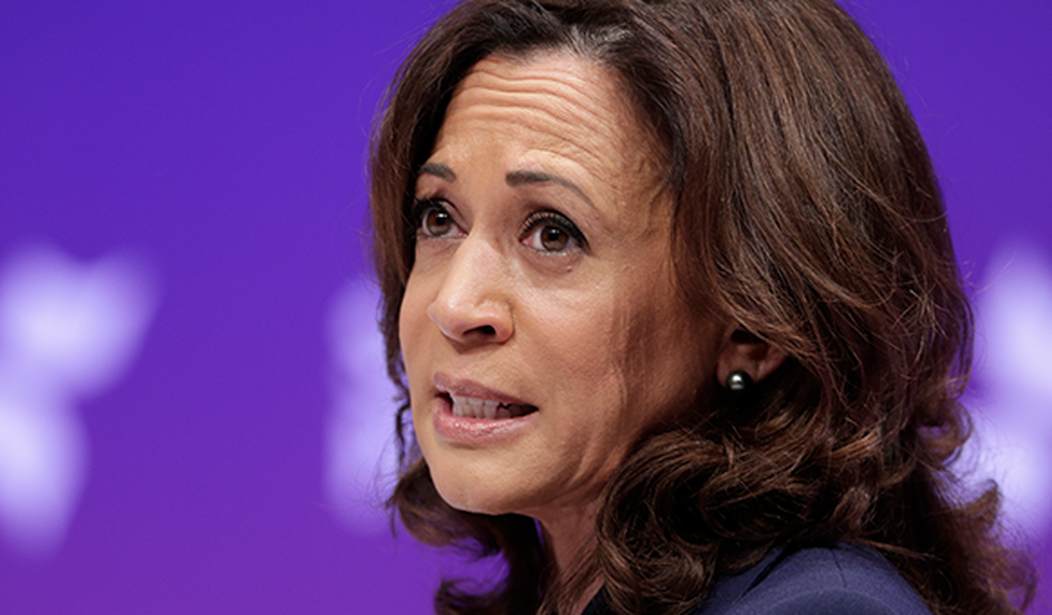Among the many, many questions Democrats found themselves asking following the 2016 election, one was particularly mystifying: why had union members not shown up for Hillary Clinton?
Clinton had only outperformed Trump in union households by a measly 8 percent. For comparison sake, Barack Obama had led Mitt Romney by 18 percent just four years earlier. And while union leaders are still working out just exactly what failed to resonate in 2016, left-leaning candidates running in 2020 have already begun making moves to ensure they don’t suffer Clinton’s fate. Both Sens. Kamala Harris(D-CA) and Bernie Sanders (D-I) are courting unions (and their big, big donation dollars) by promising to put a stop to one of unions’ biggest hurdles to securing new membership: right to work laws.
The push to pass right to work laws — generally defined as state and federal laws protecting a person from compulsory union membership or the paying of union dues as a condition of employment — has been growing in traditional union-friendly midwestern states for the last several years. In fact, many suspect the union households in those same midwestern states were the no-shows for Hillary Clinton.
The National Right To Work Legal Defense Foundation (NRTW) website carries an explainer on why right to work laws may have become more palatable in recent years for states that have been heavily unionized in the past.
Federal labor laws have, since the 1930s, permitted and encouraged the growth of compulsory unionism arrangements between union officials and employers, forcing millions of employees to pay dues to unions as a condition of employment.
Workers subject to these forced unionism schemes have been denied their freedom of choice as to joining and financially supporting a labor union.The power to compel employees to financially support a labor union is still granted to union officials by federal law in 27 states. In these states that have not yet passed a Right to Work law, this power has led to abuses of workers’ human rights and civil liberties.
Recommended
With this is mind, Patrick Semmens, Vice President of NRTW Legal Defense Foundation, sees something besides workers’ best interest in Harris’ and Sanders’ promise to ban right to work laws.
“The comments by Kamala Harris and other Democrat 2020 hopefuls in opposition to Right to Work laws are not about the rank-and-file workers who are free to voluntarily join and pay dues to a union in Right to Work states, but about expanding union boss power,” Semmens told TownHall. “Harris and others know that Big Labor spends billions on politics and lobbying, including large amounts collected from workers who would be fired for not paying union dues. These candidates think that the Big Labor's backing will push them to the top of the crowded presidential field, and they are willing to promise to force millions of American workers to pay union dues or else be fired in order to secure that union boss support.”
They apparently need the backing of Big Labor so badly that Harris, not content to simply ban laws that restrict unions, is even talking about “increas[ing] penalties on corporations that stand in the way of organized labor.”
Mark Mix, President of the National Right to Work Committee, echoes Semmens and sees cynicism, not activism, at work in Harris’ plans.
“Despite what politicians like Kamala Harris claim, banning Right to Work laws would harm workers,” Mix says. “Right to Work protections are a major step toward safeguarding the right of workers to associate freely with whom they choose. Opponents of Right to Work clearly do not have the best interests of workers at heart. Politicians who advocate for banning Right to Work predictably do so to advance the forced-union dues policies supported by their Big Labor allies. Unions spent more than $2 billion pushing their political agenda during the last election cycle.”
Harris and Sanders likely know how much unions tend to spend on pushing their agendas, and they’re competing with each other — to the detriment of workers — to have some of those dollars land in their campaign coffers.
Sarah Lee is a freelance writer and policy wonk living and working in Washington, D.C.

























Join the conversation as a VIP Member